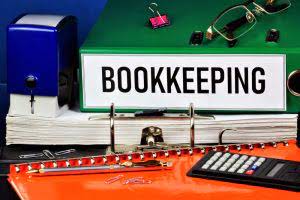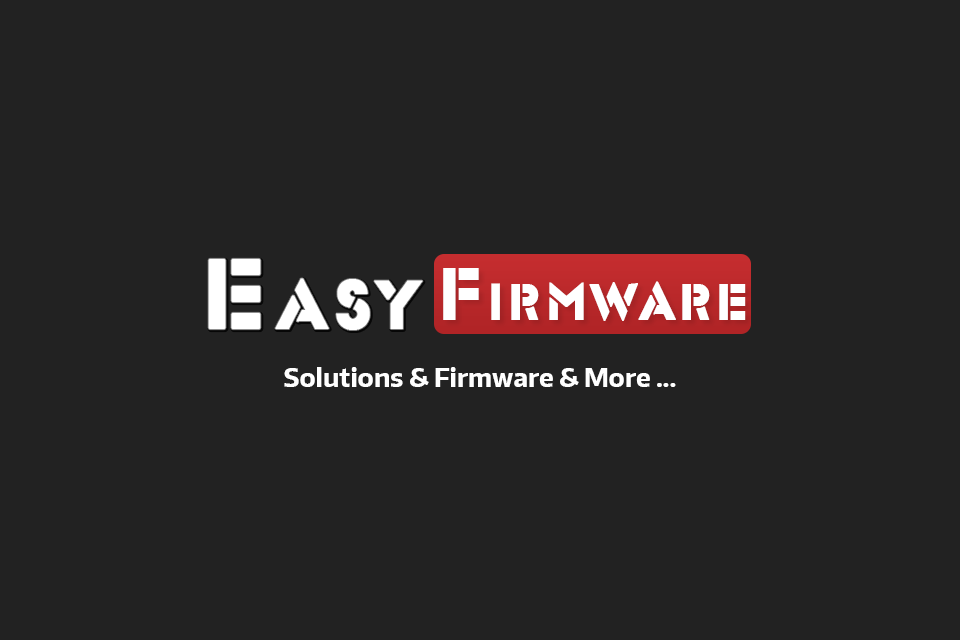
It’s exacting work, and made worse by the often confusing overlap between overhead, production, and material costs. It requires skilled personnel to drive the industry’s regulations, https://www.bookstime.com/ inventory, costs, and financial analysis. The numerous and unique challenges wineries face make accounting harder and more overwhelming than other businesses.
Opportunities for CPAs within the Wine Industry

American wine was an undervalued industry for decades, and it has only been in the last 50 years that people have really savored good wine made in America. If you are in the wine business, you already know that the winemaking industry is a different business, especially when it comes to accounting practices. To make things easier, you’ll need an accountant with experience in winery and vineyards, specifically. Anyone without that experience is more prone to making mistakes, which could lead to financial woes for you. Some winery accounts use the “Other Expenses” section of the chart of accounts to track their wine production costs which are eventually zeroed out as they are capitalized to the balance sheet. This option can work well and has the advantage of keeping these expenses out of the main section of Profit & Loss if you are only calculating and adjusting COGS once a quarter or once a year.
BUSINESS SERVICES
The chart of accounts is the organizational framework upon which all of your financial information hangs. You can think of the chart of accounts as a table of contents for your finances. Just like you would organize a book into different chapters, a chart of accounts organizes your financial transactions into different categories or tabs. Edited by CPAs for CPAs, it aims to provide accounting and other financial professionals with the information and analysis they need to succeed in today’s business environment.
- Transaction-level data is sorted into bigger buckets so that the information can be summarized and reported on in an organized and logical manner.
- You should consult with your accountant to see how they prefer this section of the chart of accounts to be organized.
- This will be hugely important when it comes to actually selling your wine too because a name can go a long way with branding to make your wine stand out and be memorable.
- A bookkeeper would record expenditures for wine barrels at the time of the barrel purchase.
- Consistent with best practices, when a wine is sold, the cost of having made that specific wine is recorded as COGS, concurrently with recording the revenue from the sale of that wine.
Compare Small Business Loans
The process of applying overhead costs should evolve over time as operations become more complex, and so too should the allocation methodology—without negatively impacting consistency. It’s also important that financial reporting disclosures provide transparency about inventory costing, methods, assumptions, and significant estimates. If you own both a winery and a vineyard, the cash method of accounting isn’t enough.
- We encourage our winery clients to have regular team meetings to share information with one another to ensure everyone is on the same page.
- By tracking your investment and usage in these aspects of production, you form an accurate idea of the cost for the wines you sell.
- Contact Protea Financial today to learn more about our services and how we can help you run your business more efficiently.
- For example, carefully vetting applicants for sensitive positions in the winery, including background and credit checks, can help to ensure an honest workforce.
- She spent some time living in Wenatchee and teaching accounting at Wenatchee Valley College.
- Accounting for materials is typically straightforward in that the cost equals the price paid to acquire the materials, including tax and shipping costs to bring the materials to the production location.
Client Accounting and Advisory Services
In accrual accounting, revenue and expenses are recorded in the books at the time of the transaction. Many wineries use accrual accounting as part of the bookkeeping process, because not all wine sells at the time of bottling. A bookkeeper would record expenditures for wine barrels at the time of the barrel purchase. The wine that goes into that barrel may not be sold for months or years, at which time the bookkeeper records the revenue.
You’re our first priority.Every time.
A winery must track sample depletions (e.g. tasting room pours, marketing samples, donations, etc.) Let us show you how to easily organize these categories for efficient use in tracking of your sample accounts. Regardless of your wine business model, know that your business’s success ultimately depends upon catering to your customer — and keeping up with their changing tastes, spending habits and the industry at large. wine accounting The three began Cannonball as a “virtual” company — they don’t own a winery, or a vineyard. They don’t even have a tasting room (although the company can set one up if you ask). Rather, Cannonball has existing family growers harvest their grapes, and then Cannonball’s winemakers make the wine in rented equipment. Other startup costs to consider include payroll for your staff, shipping, marketing and business insurance.
























